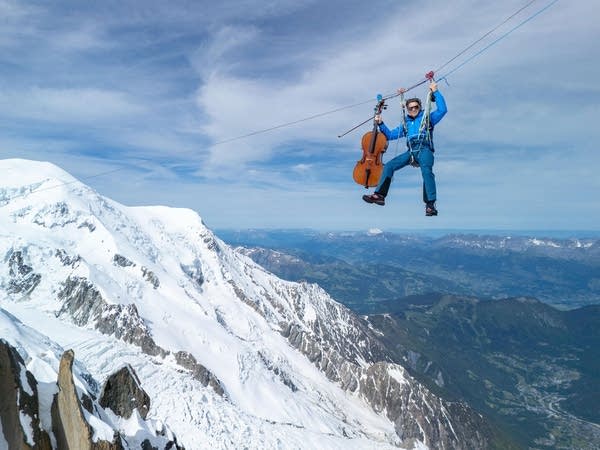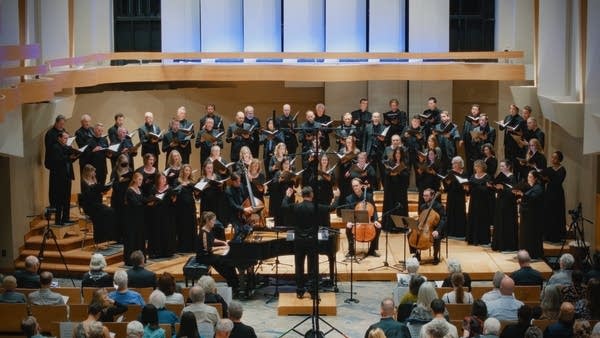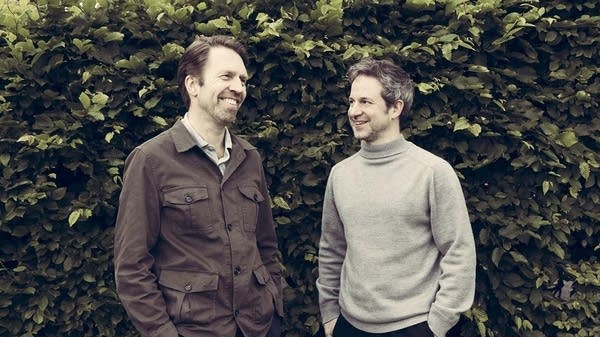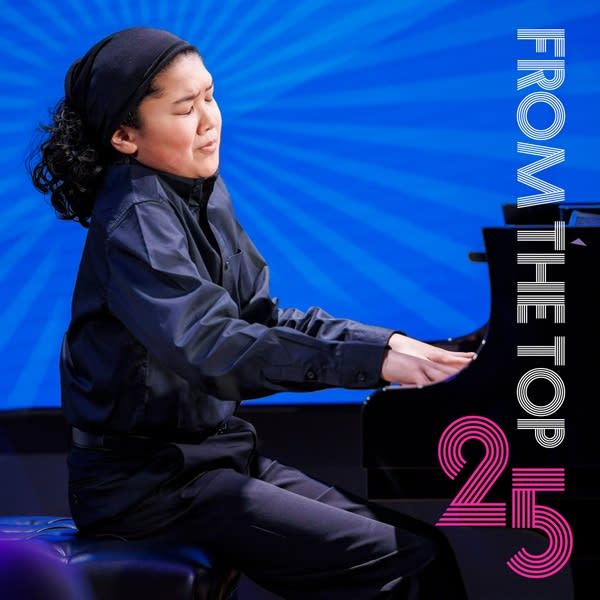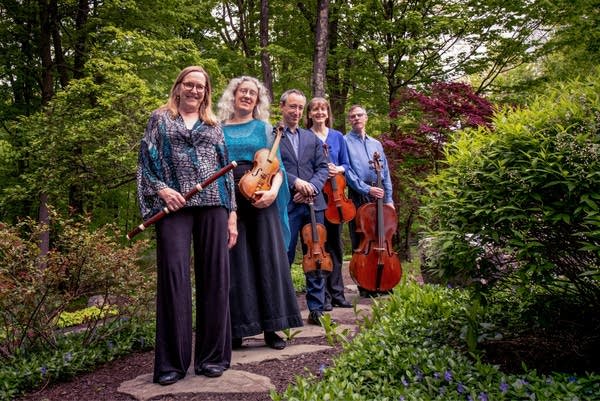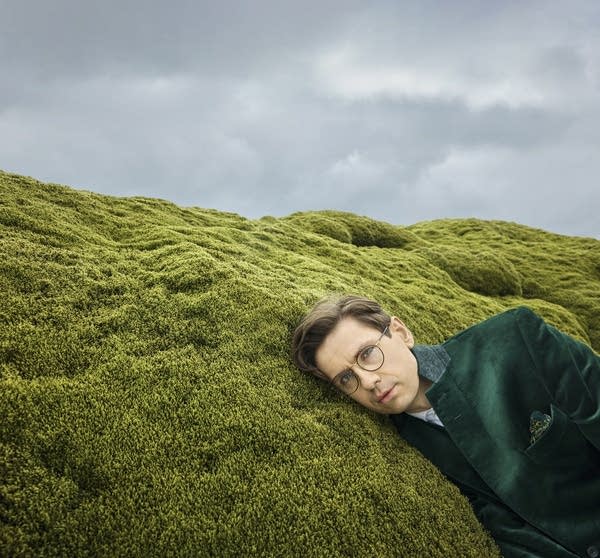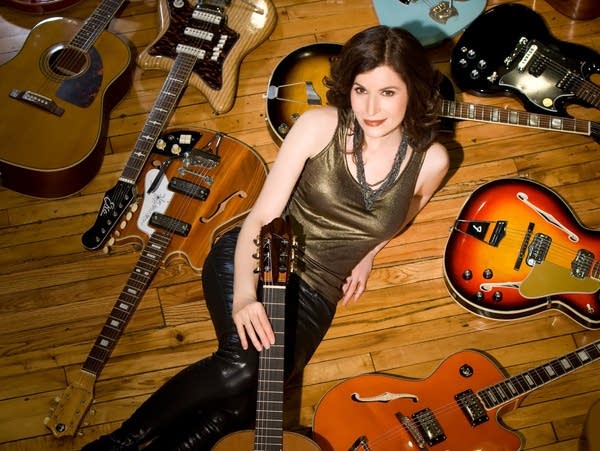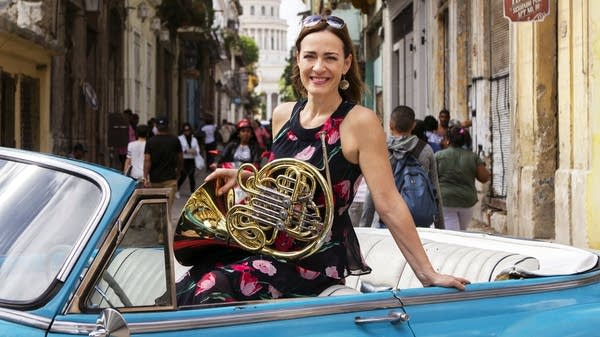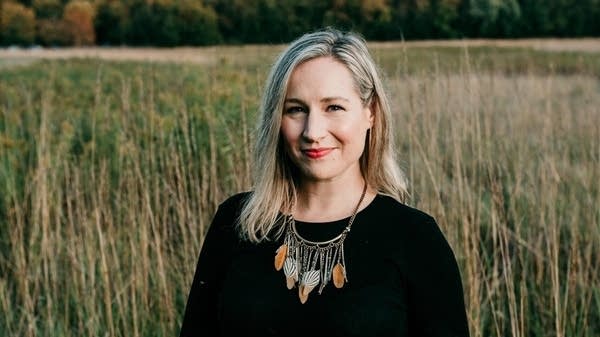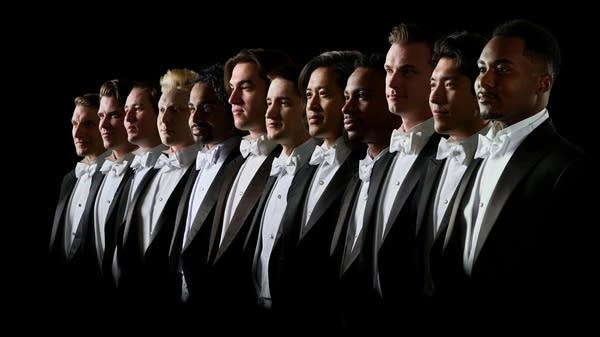
"I think because we're both so curious, we just went straight on and just started to feel it with the orchestra, feeling the music," says Chinese pianist Yuja Wang. "I guess it's already in their blood, in their body. It's like their physical way of feeling music, like they're dancing."
Yuja has found perfect partners in Gustavo Dudamel and the Simon Bolivar Symphony Orchestra of Venezuela. During her first visit to Caracas last February, she became the first soloist to record with this vibrant ensemble. The youthful energy and excitement was heightened as they recorded not one, but two Russian masterpieces for piano and orchestra in a live setting, in the same concert.
"I know the energy I get feeds off of them. And their reflexes — if I say one thing, they will do it right away and will do it ten times better than I think it could have sounded. And the Prokofiev — both concertos I've played lots of times, but there are voices and voicing in the orchestra I've never heard before.It just adds another layer of color and of imagination."
Rachmaninov's Piano Concerto No. 3 is the longest, most ambitious and technically complex of his works for piano and orchestra. It's also one of the most famous of all piano concertos. It was a recording by her idol Vladimir Horowitz that first inspired Yuja at age 12. As a young teen, she finally decided to tackle this challenge. "And now I'm 26. It really takes waves and waves of understanding — just let the music become part of you, under the skin, in the meat," Yuja says. "It's almost like a process of being an actor for me, because this piece is so narrative. It's like storytelling, but at the same time theatrical and extremely demanding and humorous. It has every character one can think of."
There are several stages to this Rachmaninoff concerto. Yuja says each one is more demanding than the last. "In the beginning there's waves and waves of climax and you're just like, 'Oh this is only the third one and I still have another 30 to go.' So I guess it's a way of pacing oneself emotionally. And of course if you play a lot, you have to be emotionally refreshed because it's like saying 'I love you' for 30 times and then you're just like, 'No I don't anymore.' So I have to look at the piece in a different perspective and to make it interesting and curious and satisfying for myself as well. That's challenging."
Prokofiev's Piano Concerto No. 2 is equally strenuous, especially the solo cadenza in the first movement. "It's crazy, but I think it's the darkness that really attracted me, which is manifested very strongly all aspects in the cadenza," Yuja explains.
In this cadenza, she's repeating what the orchestra has just played, however this time all the black notes on the page are intended for the piano alone. "So actually on the score, there's like three lines of music with two hands. And then there's another 10 pages to go. And of course I exert myself and then in the end there's the tuba coming in right after the cadenza and that's the most powerful moment of the piece.
"And also, he wrote the piece when he was reading a letter from his friend, who said, 'By the way, when you are reading this, I'm already dead.' And that's his best friend in his 20s and he wrote this piece asking, 'How can this happen to me?'
"I really can't describe it — it's just sad. Not in an individual way but almost like in a collective consciousness. It's clever, it's dissonant, and it's really a powerful piece of music. I haven't found that kind of power in any other work, so it's a very, very special work for me.
"This orchestra is perfect with that tenaciousness. It just couldn't be better. Those are two works I've been wanting to record for a long time, and with this orchestra it was just a perfect combination."
Youth, passion and tenacity make Yuja Wang, Gustavo Dudamel and the Simon Bolivar Symphony Orchestra of Venezuela outstanding allies on this new live recording of Rachmaninoff's Piano Concerto No. 3 and Prokofiev's Piano Concerto No. 2.
Love the music?
Show your support by making a gift to YourClassical.
Each day, we’re here for you with thoughtful streams that set the tone for your day – not to mention the stories and programs that inspire you to new discovery and help you explore the music you love.
YourClassical is available for free, because we are listener-supported public media. Take a moment to make your gift today.
Your Donation
About New Classical Tracks®
Host Julie Amacher provides an in-depth exploration of a new classical music release each week.
Subscribe on Apple Podcasts, TuneIn, Radio Public, or RSS.


